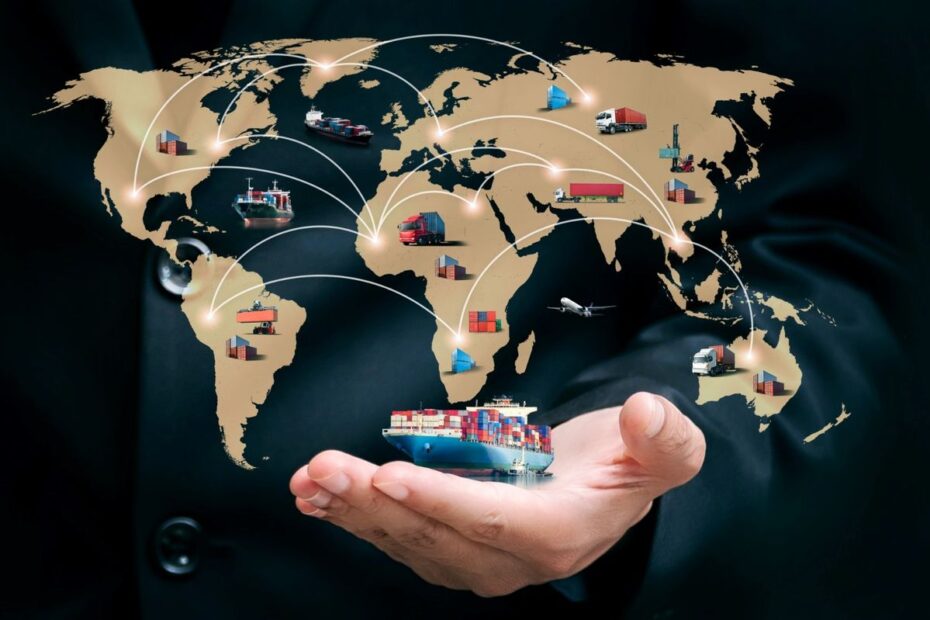The logistics and delivery industry is one of the fastest-growing sectors globally, driven by the boom in e-commerce, urbanization, and the demand for fast and reliable shipping.
In 2025, logistics and delivery services are no longer just support industries—they are at the core of how businesses operate and how customers shop.
For entrepreneurs, this presents profitable opportunities across various models, from local courier services to nationwide distribution networks.
Why Logistics and Delivery Services Are Profitable in 2025
-
E-commerce growth: Online shopping continues to expand, requiring efficient delivery networks.
-
On-demand economy: Customers now expect same-day or next-day deliveries.
-
Global trade: Import and export activities fuel logistics demand worldwide.
-
Technological innovation: GPS tracking, drones, and AI improve efficiency and reduce costs.
-
Essential services: Delivery services remain in high demand, regardless of economic shifts.
Profitable Logistics and Delivery Business Ideas
1. Local Courier Services
Urban centers and small towns need affordable, reliable delivery for documents, parcels, and personal items. Starting a local courier service requires minimal capital, especially with motorbikes or small vans.
2. E-commerce Delivery Services
Online stores depend heavily on third-party logistics companies to get products to customers. By partnering with e-commerce businesses, you can specialize in last-mile delivery.
3. Food and Grocery Delivery
With the rise of apps and online marketplaces, food and grocery delivery is in high demand. This niche is profitable because customers prioritize speed and convenience.
4. Medical and Pharmaceutical Delivery
Hospitals, pharmacies, and laboratories increasingly rely on specialized delivery for medicines, equipment, and samples. This sector requires strict compliance but offers premium returns.
5. Freight and Cargo Services
For larger-scale entrepreneurs, freight logistics involving trucks, ships, or air transport provides opportunities in moving bulk goods across regions and borders.
6. Delivery Aggregator Platforms
Building a digital platform that connects customers with delivery riders or companies can be highly profitable. Think of it as the “Uber for deliveries.”
7. Warehouse and Fulfillment Services
Beyond transportation, businesses need secure storage and order processing. Offering warehousing and fulfillment services creates an additional revenue stream.
How to Start a Logistics and Delivery Business in 2025
-
Research your target market: Identify gaps such as areas with poor delivery services or industries underserved by logistics.
-
Choose your business model: Decide between local courier, freight, e-commerce, or specialized delivery.
-
Acquire vehicles and equipment: Motorbikes, vans, or trucks depending on the scale of your operations.
-
Invest in technology: Use tracking systems, mobile apps, and digital payment solutions to improve efficiency.
-
Hire and train staff: Reliable drivers, dispatchers, and customer service teams are the backbone of logistics.
-
Market your services: Use partnerships, social media, and e-commerce platforms to gain clients.
Challenges in the Logistics Industry
-
Rising fuel costs and vehicle maintenance
-
Traffic congestion in urban areas
-
Intense competition from established brands
-
Regulatory requirements for freight and cross-border services
-
Customer expectations for faster, cheaper delivery
The solution lies in leveraging technology, offering competitive pricing, and focusing on exceptional customer service.
Future Trends in Logistics and Delivery Services
-
Drone and autonomous vehicle deliveries
-
AI-driven route optimization for faster service
-
Green logistics with electric vehicles and eco-friendly packaging
-
Cross-border e-commerce shipping solutions
-
Subscription-based delivery models for regular customers
Final Thoughts
Logistics and delivery services in 2025 present profitable and sustainable opportunities for entrepreneurs.
From local courier services to large-scale freight operations, the demand for fast, reliable, and technology-driven delivery solutions continues to grow.
With the right planning, investment, and customer-focused strategy, you can build a successful logistics business that thrives in today’s on-demand economy.
